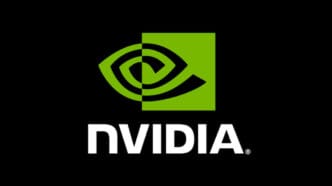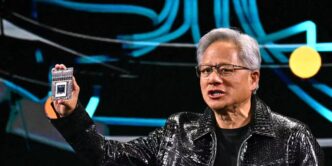Nvidia is making one of its boldest moves yet—bringing AI infrastructure home. The chip giant has unveiled plans to invest up to $500 billion in the U.S. over the next four years. It’s a strategic push to build and scale AI manufacturing across the country while easing supply chain risks and geopolitical exposure.
At the center of this plan is the Blackwell AI chip, Nvidia’s most powerful to date. Production has already started at TSMC’s Arizona plant, making it the first time these advanced chips are being built in the U.S.
But chips are just one piece of the puzzle. Nvidia also wants to manufacture supercomputers inside the U.S. It’s teaming up with Foxconn and Wistron to set up production plants in Texas. Both facilities are expected to begin scaling operations within the next year.
This isn’t just about technology—it’s also about positioning. With rising tariffs and global instability, major tech players are racing to bring operations closer to home. Apple, for example, is planning a similar $500 billion U.S. expansion. That includes building an AI server factory in Texas and hiring 20,000 workers.
For Nvidia, the benefits are twofold. Producing chips and systems in the U.S. helps it meet the explosive demand for AI technology. It also makes the supply chain stronger and more resilient.
CEO Jensen Huang said domestic manufacturing allows Nvidia to better serve the fast-growing AI market. It also prepares the company for long-term disruptions, including trade tensions and regulatory shifts.
Although Huang said earlier this year that tariffs weren’t yet a concern, he hinted at a future shift. That shift is now clearly underway.
This expansion could create hundreds of thousands of jobs over the next few decades. It signals a broader comeback for U.S. tech manufacturing.
Meanwhile, TSMC—Nvidia’s primary chip supplier—is making its own massive bet on the U.S. The company plans to invest $100 billion to build five new factories across the country. That expansion puts TSMC in a strong position to serve American tech firms that want to localize their supply chains.
As AI becomes more central to the economy, where chips are made is no longer a side issue—it’s strategic. Nvidia’s move proves that the AI arms race isn’t just about speed or scale. It’s also about geography and control.











